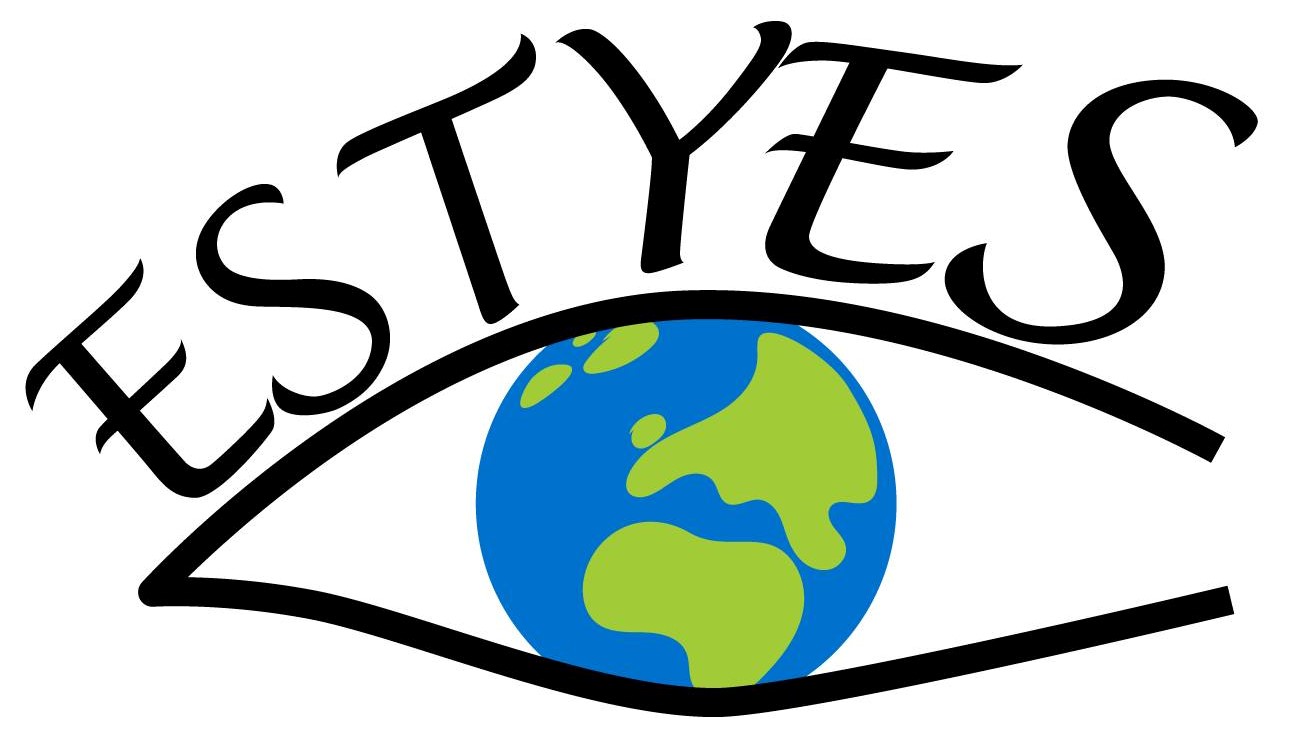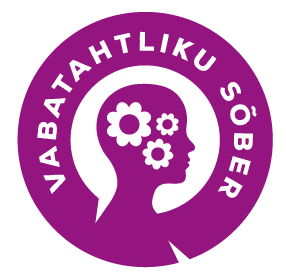Background of the project
Grenzenlos is organising international projects and intercultural exchanges for more than 70 years. In the last years, we dedicated our trainings to the topics of civil courage, human rights, peace-work and crisis management. In this training, we want to address the issue of cyberviolence in international volunteering to raise awareness on the topic while also empowering youth workers to be able to address cases of cyberviolence in their work. As international volunteering fosters intercultural understanding and opens dialogue spaces, it is key to address topics like cyberviolence from a professional and reflected perspective. The cyber space is another site of violations of human’s rights, added to the different forms of violence, prejudices and hate speeches that were directed towards people in the public sphere. Cyberviolence is being a relatively new phenomenon that encompasses a wide variety of crimes since years, it has many forms and can affect people in many ways. However, cyberviolence is often misunderstood and not taken as seriously as it should be. While cyberviolence may be targeted at any individual or group and may entail a wide range of acts, this seminar particularly focuses on young female volunteers, who are often the victims of cyberviolence. While there is no data on the incidence of cyberviolence in international volunteering, there is compelling evidence with that young people especially female and vulnerable group are experiencing cyberviolence within the framework of international volunteering. In particular, cyberharassment is often unreported or trivialized. In this training setting, we want to empower youth workers to open dialogue spaces around cyberviolence in a transformative way while also working with them on how to address cases of cyberviolence from a survivor centred approach.
The training will apply a non-formal learning approach. We want to enable the personal and social development for all participants through different interactive methods. The training consists of a mix of theoretical input, participatory and transformative methods, as well as group work.
Aims and Objectives
The training aims:
- to promote dialog and understanding
- to share methods on how to encourage volunteers, mentors, and youth workers to seeks ways of recognising and working against cyberviolence.
- to sensitize young people and youth workers on situations where cyberviolence appears
- to train different options on how to re-/act in Internet
- to sensitize young people and youth workers towards dangerous situations
- to rise participants self-confidence and empower them act
- to give participants and youth organisations involved in international voluntary projects tools to stand up against cyberviolence.
Who can participate?
We invite participants from organisations from EU countries (partner and program countries) to the training. We intend to host 2 participants/country. We are happy to host participants with a physical disability or from other marginalized groups. Please reach out to see how we can make sure you can participate. Please note that we are looking for participants who are active in your youth organization (youth workers, volunteers, staff, trainers). All participants should be
- 18+ (no upper age limit!).
- Engaged in the work of your organisation (as volunteers, staff member, youth workers or as part of the organisation’s board).
- Able to attend the whole duration of the training course.
- Able to work in English (if this is not possible, please let us know, if we can arrange an
interpreter). - Ready to pass the knowledge on in your organisation and train colleagues after the training.
- The main working language will be English.
Venue/Date
The training will take place in Vienna from Monday, 06.11. to Friday, 10.11.2023 (ARRIVAL DAY 05.11.2023 DEPARTURE DAY 11.11.2023) at the Vienna Youth Hostel Brigittenau: https://www.oejhv.at/en/youth-hostels/vienna/1200-vienna/youth-hostel-brigittenau/ The venue is accessible for wheelchair users!
*You will be informed about any change in the venue.
Practical
Boarding, lodging, local transports, materials and the content of the activities are covered. Travel costs to and from the venue are covered according to the Erasmus+ (Key Action 1) real costs, based on the travel distance per participant. Travel distances must be calculated using the distance calculator supported by European Commission (Distance Calculator | Erasmus+ (europa.eu))
We request from each participant a participation fee of 50 Euro. The costs will be reduced from your travel reimbursement. Participants with disabilities won’t need to pay the participation fee. Please note that the refund process can take around 3-4 months (in case we have received all needed invoices and boarding passes and after you have completed your mobility report), and it will be done directly to the sending organisations bank account.
Please make sure to buy a travel health insurance.



